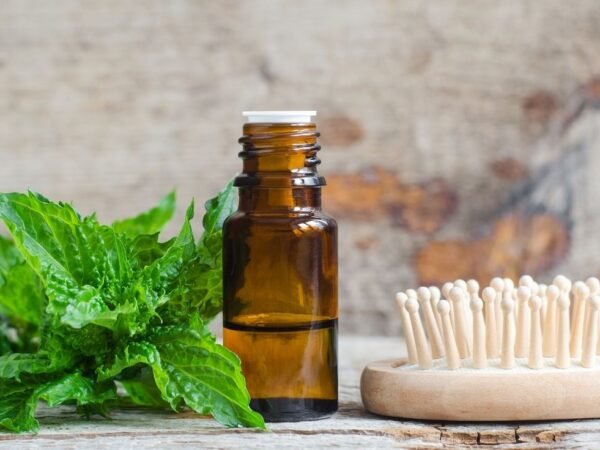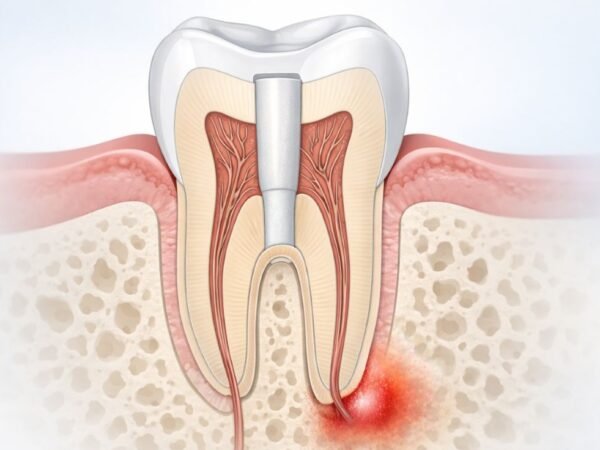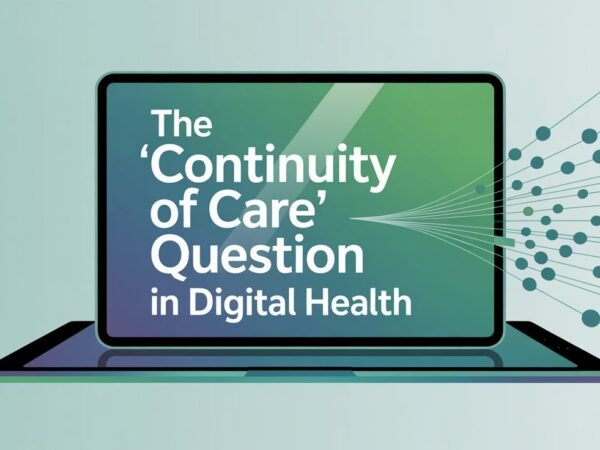Caring for elderly health involves a balanced approach to nutrition, physical activity, mental well-being, and healthy lifestyle habits. As seniors age, their bodies and minds require different care and attention to ensure they live fulfilling and healthy lives. This guide aims to provide comprehensive insights into daily health essentials for older people, focusing on key areas such as nutrition, exercise, mental wellness, and lifestyle choices.
What Are the Key Nutritional Needs for Seniors?
Importance of a Balanced Diet for Elderly Health
A balanced diet is crucial for maintaining overall health in seniors. As the body ages, metabolism slows down, and the ability to absorb nutrients reduces. Therefore, consuming various nutrient-dense foods helps maintain energy levels and supports bodily functions. Fruits, vegetables, whole grains, lean proteins, and dairy products form the backbone of a healthy diet. This combination ensures adequate intake of essential nutrients while keeping calorie intake in check. Additionally, a balanced diet aids in managing chronic conditions like diabetes, heart disease, and hypertension common in older adults.
Key Vitamins and Minerals for Older Adults
Vitamins and minerals play a pivotal role in elderly health. Vitamin D and calcium are essential for maintaining bone health and reducing the risk of osteoporosis. B vitamins, particularly B12, support brain function and energy production, while vitamin C boosts the immune system. Magnesium improves muscle function and heart health. Seniors should also monitor their iron intake to prevent anemia. Omega-3 fatty acids in fish and flaxseeds are essential for cardiovascular health and cognitive function.
Common Nutritional Deficiencies in Seniors
Nutritional deficiencies are prevalent among seniors due to poor diet, medications, and health conditions. Common deficiencies include vitamin D, calcium, B12, iron, and magnesium. These deficiencies can lead to bone weakness, cognitive decline, fatigue, and compromised immune function. Regular monitoring of nutrient levels through blood tests and consulting with a nutritionist or healthcare provider can help address these deficiencies. Incorporating dietary supplements may also be necessary to meet the recommended nutrient intake.
How Can Seniors Stay Physically Active and Healthy?
Best Types of Exercise for Older Adults
Regular physical activity is vital for seniors to maintain mobility, strength, and overall health. Low-impact exercises like walking, swimming, and cycling are excellent choices. These activities enhance cardiovascular health without putting undue strain on joints. Strength training, using resistance bands or light weights, helps preserve muscle mass and bone density. Yoga and tai chi improve balance and flexibility, reducing the risk of falls. Aim for at least 150 minutes of moderate-intensity exercise per week.
Tips for Preventing Falls and Injuries
Falls are a significant concern for seniors, often leading to serious injuries. To prevent falls, maintain a safe living environment by removing tripping hazards like loose rugs and ensuring adequate lighting. Installing grab bars in bathrooms and using non-slip mats can provide additional support. Wearing well-fitting, non-slip footwear is essential. Regular exercise, particularly balance and strength training, can also help improve stability and coordination. Regular vision and hearing checks are necessary to ensure any impairments are corrected.
The Role of Stretching and Flexibility in Senior Fitness
Stretching and flexibility exercises are essential components of senior fitness. They enhance the range of motion, reduce muscle stiffness, and prevent injuries. Incorporating stretching routines into daily exercise helps relieve joint pain and improve overall mobility. Gentle yoga and tai chi are particularly beneficial for promoting flexibility and mental relaxation. Stretching should be done slowly and gently, holding each stretch for 15-30 seconds and focusing on all major muscle groups.
How to Promote Mental Health and Cognitive Function in Seniors?
Importance of Social Engagement and Mental Stimulation
Social engagement and mental stimulation are key to seniors’ cognitive function and emotional well-being. Regular interactions with family and friends can alleviate feelings of loneliness and depression. Participating in community activities, volunteering, or joining clubs creates a sense of belonging and purpose. Engaging in activities challenging the brain, such as puzzles, reading, or learning new skills, can prevent cognitive decline and keep the mind sharp.
Managing Stress and Anxiety in Older Adults
Stress and anxiety can significantly impact seniors’ health. Effective stress management techniques include practicing mindfulness, meditating, and deep breathing exercises, which can ease tension. Physical activities such as walking or gardening also help reduce stress levels. Maintaining a routine, setting achievable goals, and staying connected with loved ones provide emotional support. If stress or anxiety becomes overwhelming, seeking professional help from a therapist is advisable.
Cognitive Exercises and Brain Health
Regular cognitive exercises are vital for brain health in seniors. Activities like crossword puzzles, memory games, and sudoku challenge the brain and improve cognitive function. Learning new languages or playing musical instruments can stimulate brain activity and form new neural connections. Consistent mental exercises help maintain memory, reasoning skills, and overall mental acuity, reducing the risk of conditions such as dementia and Alzheimer’s disease.
What Lifestyle Habits Should Seniors Adopt for Longevity?
The Role of Sleep in Senior Health
Quality sleep is crucial for senior health, enhancing physical restoration and cognitive function. Older people should aim for 7-9 hours of sleep per night to maintain overall well-being. Establishing a regular sleep schedule, creating a comfortable sleep environment, and avoiding caffeine or heavy meals before bedtime can improve sleep quality. Additionally, managing sleep disorders like sleep apnea through medical advice can prevent complications. The HUAWEI Watch D2 offers advanced health features, including blood pressure monitoring during sleep, providing valuable insights into overall health, and helping seniors track their wellness in real time.
Healthy Habits for Better Hydration and Skin Health
Proper hydration is essential for seniors, as dehydration can lead to various health issues, including urinary and kidney problems. Seniors should aim to drink at least 8 cups of water daily. Including water-rich fruits and vegetables in their diet can also help. Hydrated skin is healthier and less prone to dryness and irritation. Using moisturizers, reducing caffeine and alcohol intake, and wearing sunscreen can protect the skin and maintain health.
Importance of Regular Check-Ups and Preventive Care
Regular medical check-ups are critical for early detection and management of health issues. Seniors should schedule routine visits with healthcare providers for screenings, vaccinations, and monitoring of chronic conditions. Preventive care helps catch problems early when they’re more manageable. Blood pressure monitoring, cholesterol checks, vision and dental exams, and cancer screenings are critical. Utilizing devices like the HUAWEI Watch D2 for continuous health monitoring can provide valuable insights into health trends and conditions.
Conclusion
Maintaining a healthy lifestyle in older age requires a holistic approach that addresses nutrition, physical activity, mental well-being, and preventive healthcare. By following the tips and advice outlined in this guide, seniors can improve their quality of life and enjoy their golden years with better health and vitality. For those looking for the best blood pressure monitor, the HUAWEI Watch D2 offers advanced features, including real-time blood pressure monitoring, making it an excellent tool for seniors to track their health. Consistent practice of these health essentials ensures seniors can lead active, fulfilling lives and prevent the onset of age-related ailments.













